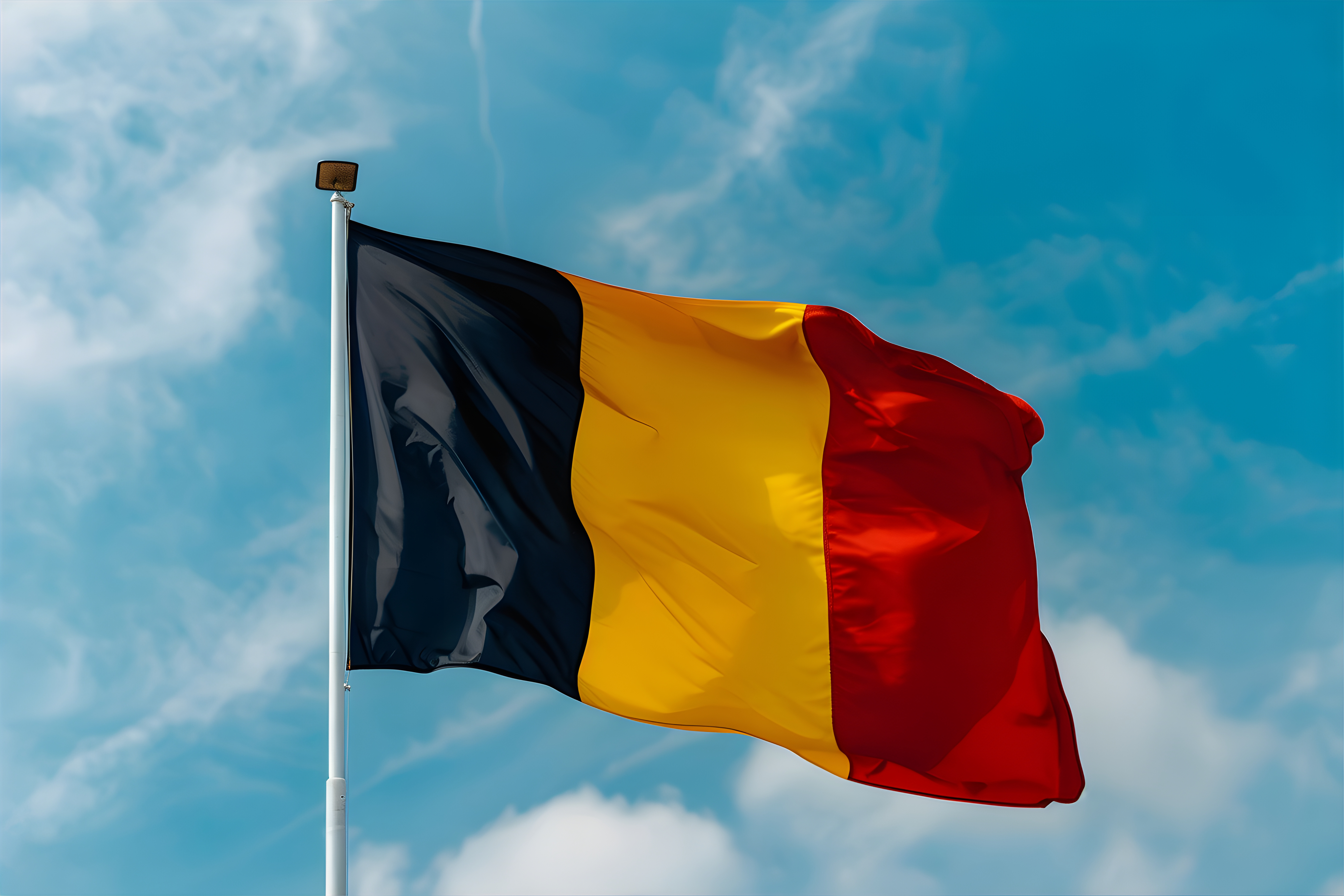The Fourth Anti-Money Laundering Directive (AML)
The new anti-money laundering act entered into force on 16 October 2017, implementing the fourth Anti-Money Laundering Directive (hereafter AML) in Belgian law. The AML obliges the EU member states to set up and hold a register with all UBOs of the legal entities set up in their member state, such as companies and foundations. The UBOs of all entities set up in Belgium must register in the new Belgian UBO register.
Legal entities that must register
The anti-money laundering act obliges the following Belgian entities to register their UBOs:
- Companies, including civil law partnerships;
- Foundations and non-profit associations;
- Trusts.
UBOs of companies
The following persons are considered UBOs of Belgian companies:
- Each physical person holding directly or indirectly a sufficient percentage of voting rights or property rights.
There is a direct interest in case a physical person is holding more than 25% of the voting rights, shares and/or capital in the targeted entity. There is an indirect interest in case a physical person controls one or more companies which in turn are holding more than 25% of the shares and/or capital in the targeted entity; - Each physical person with control via other means;
- In case none of the above persons can be identified or in case of doubt, each physical person at senior management level.
Information in UBO register of companies
The Royal Decree of 30 July 2018 (hereafter Royal Decree) specifies the information required on UBOs of companies:
- The name of the UBO;
- The first surname of the UBO;
- The day of birth of the UBO;
- The month of birth of the UBO;
- The year of birth of the UBO;
- The nationality of the UBO;
- The country of residence of the UBO;
- The full address of the UBO;
- The starting date of UBO’ship;
- The ID-number of the UBO;
- The type of UBO’ship;
- Whether the UBO is a single UBO or one of more UBO’s;
- Whether the UBO is a direct or an indirect UBO;
- In case of an indirect UBO, the number of the intermediaries and the ID of the intermediaries;
- The percentage of shares or voting rights in the company.
Access to UBO register of companies
The Royal Decree contains the access rules to the UBO register. The following entities and persons will have access to the UBO register of Belgian companies:
- The competent authorities;
- The obliged entities like, for example, banks and notaries;
- Each citizen with or without legitimate interest.
Each citizen has, in principle, access to the information in 1°, 4° to 7°, 9° and 11° to 15°. Citizens will have no access to:
2° The first surname of the UBO;
3° The day of birth of the UBO;
8° The full address of the UBO;
10° The ID number of the UBO.
The access of some obliged entities and of each citizen can be blocked or limited upon motivated, written request of the UBO, submitted with the Administration of the Thesaurie, in case of:
- Exceptional circumstances. The UBO is exposed to unproportional risks: fraud (!), kidnapping, blackmail, extortion, harassment, violence or intimidation…;
- Minority or incapacity of the UBO.
UBOs of foundations
Is considered a UBO of a foundation:
- Each member of the board of directors;
- Each person who can represent the entity;
- Each manager;
- Each founder;
- Each beneficiary;
- Each person with ultimate control via other means.
Information in UBO register of foundations
The Royal Decree specifies the information requirement on UBOs of foundations:
- The name of the UBO;
- The first surname of the UBO;
- The day of birth of the UBO;
- The month of birth of the UBO;
- The year of birth of the UBO;
- The nationality of the UBO;
- The country of residence of the UBO;
- The full address of the UBO;
- The starting date of UBO’ship;
- The ID-number of the UBO;
- The type of UBO’ship;
- Whether the UBO is a single UBO or one of more UBO’s.
Access to UBO register of foundations
The Royal Decree contains the access rules to the UBO register. The following entities and persons will have access to the UBO register of Belgian foundations:
- The competent authorities;
- The obliged entities;
- Each person with a legitimate interest;
- Any specific person upon submission of written request.
The legitimate interest should be linked to the fight against money laundering or the financing of terrorism.
Timing
The Royal Decree is effective in Belgium as from 31 October 2018.
The information on UBOs must be registered by 30 November 2018 at the latest.






